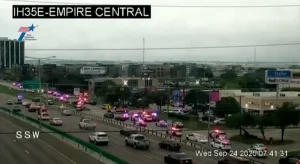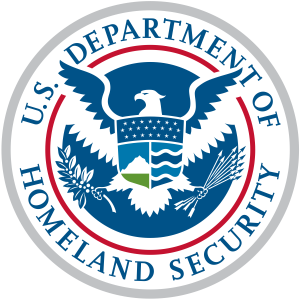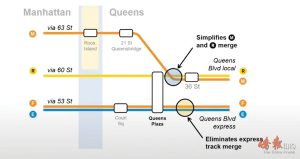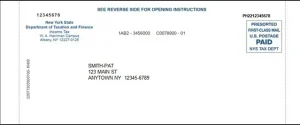US visa prices to rise, $250 integrity fee added, with chance of refund
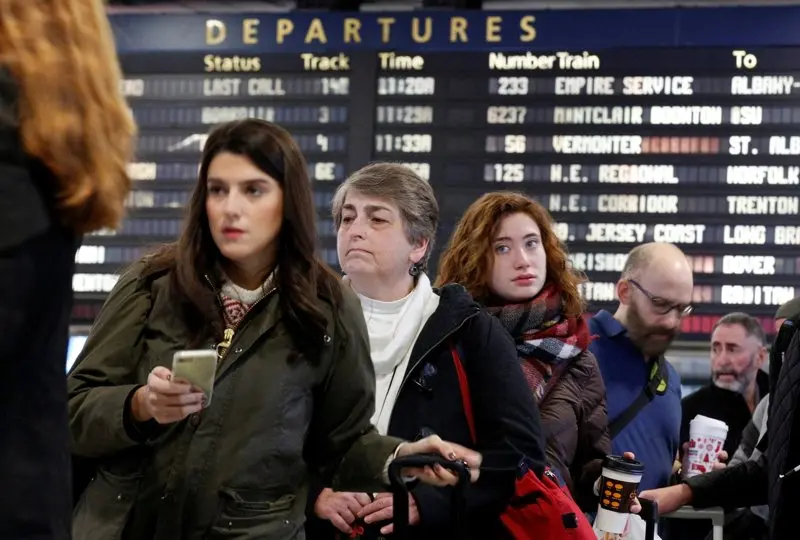
According to the newly passed “One Big Beautiful Bill Act”, all visas to the United States will be charged a “visa integrity fee” of at least $250 in addition to the current fees, and the fee is reimbursable. However, details such as when the fee will start and how to get a refund are still unclear.
Applicable to foreigners with non-immigrant visas
The “One Big Beautiful Bill Act” stipulates that the “visa integrity fee” applies to all foreigners applying for non-immigrant visas. The fee cannot be waived but there is a chance to refund it. The fee is intended to support U.S. visa policy and border security efforts.
Specific details are unclear and impact the tourism industry
CNBC News Channel reported on the 18th that the U.S. Travel Association pointed out that the specific details of the “visa integrity fee” are very limited, and there are still many unanswered questions about how the new regulations will be implemented, which poses a major challenge to tourism operators.
According to the bill, the “visa integrity fee” will be implemented in the 2025 fiscal year, starting at $250. The Department of Homeland Security has the right to raise the fee, and the fee will also increase with inflation in the future. The 2025 fiscal year is from October 1, 2024 to September 30, 2025.
All foreigners who apply for non-immigrant visas must pay the “visa integrity fee”, including international students, tourists, and business people. The “visa integrity fee” is paid when the visa is issued, and there is no fee if the visa application is rejected.
Houston immigration lawyer Steven A. Brown gave an example, saying that the H-1B visa application fee is $205, plus the “visa integrity fee”, the visa application fee is $455. Brown said that he has advised clients to be mentally prepared and it is best to regard this fee as non-refundable.
The bill stipulates that if visa holders comply with visa regulations, the “visa integrity fee” will be refunded, such as not accepting illegal employment while in the United States and not overstaying for more than five days after the visa expires. The refund will be issued after the visa expires.
ESTA and EVUS fees will also be increased
In addition, the “Electronic System for Travel Authorization” (ESTA) used by travelers from visa-free countries, including Taiwan, will increase from the current 21 yuan to 40 yuan, of which 10 yuan will go to the Ministry of Homeland Security, 13 yuan will go to the Ministry of Finance, and 17 yuan will go to the “Travel Promotion Fund” to promote American brands. The “Electronic Visa Update System” (EVUS) used by some Chinese travelers will also have to pay a new fee starting at 30 yuan.
The “Big and Beautiful Act” will also increase the “Form I-94 fee” from 6 yuan to 24 yuan, and all travelers who need to submit the I-94 entry and exit record form must pay the fee. Undocumented travelers caught between ports of entry must pay a fine of 5,000 yuan.
A spokesman for the U.S. Travel Association said that the bill instructs the Secretary of Homeland Security to collect a “visa integrity fee,” but the visa application process, visa issuance, and visa extension are not under the jurisdiction of the Department of Homeland Security, so it is not clear how and when the Department of Homeland Security will charge the fee.
![]()
